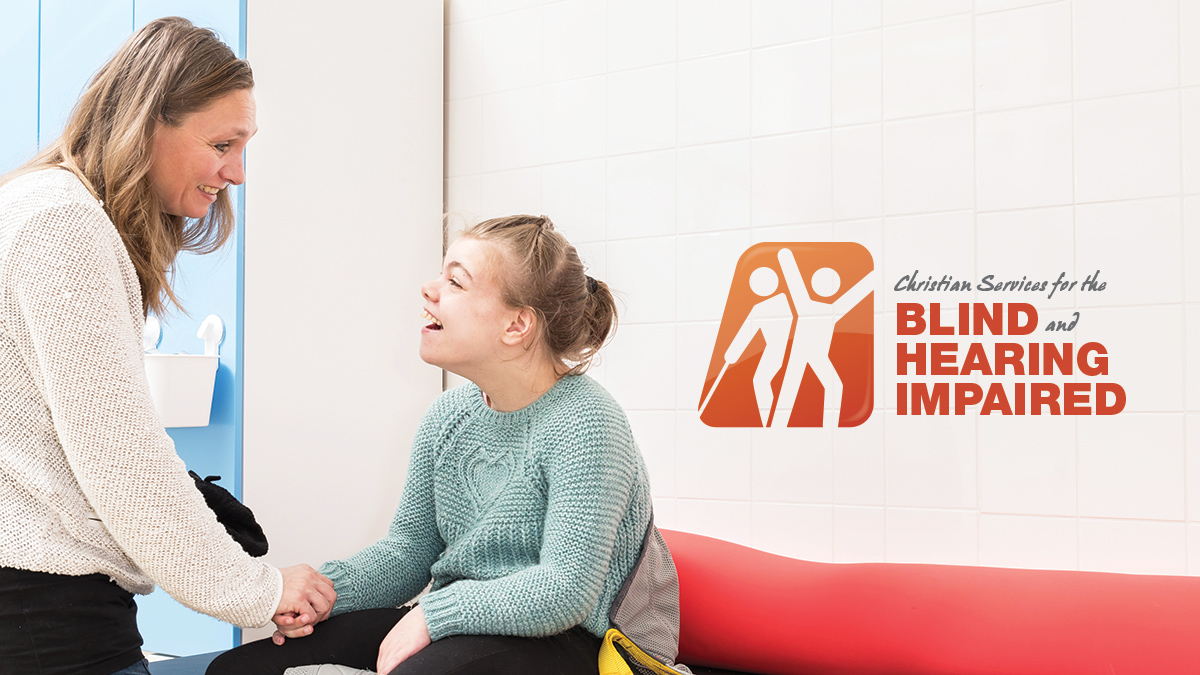Bartimaeus, sitting in the dust by the Judean roadside begging1, belonged to that 5 to 10 per cent of the population known as “expendables”, for whom society as a whole had no need. He was a stereotypical beggar of the times—he had a disability, which meant that he was unable to work and had to beg.
The parable that Jesus tells just a few verses earlier (Luke 16:1–13) gives insight into the cultural attitudes toward begging. He quotes the shrewd manager as saying he’s not strong enough to dig and he’s too ashamed to beg. But Bartimaeus’s need overruled his pride. Bartimaeus the expendable: a drain on society’s scarce resources.
Today we don’t use the label “expendable”. We have other labels for people, using skin colour, body size, ethnic background, gender and ability. The term disability, for example, often carries with it the idea of something negative, something a person cannot do, something lacking, and is treated as a problem of the individual.
Stop
We can imagine the effects of stereotyping on Bartimaeus. He could easily have sat by the roadside with an overwhelming sense of hopelessness at his non-existent prospects, depressed and lonely.
In 2015 some research interviews were conducted on people with physical disabilities in the Adventist Church in Europe. Participants described experiencing similar feelings when they met stereotypical attitudes from church members. One lady, who is blind, said, “Coping with the disability is easy compared to how people treat you sometimes. I often wonder if they think that you don’t have feelings like other human beings.”
One of the main problems with stereotyping is that it makes us insensitive to the individual. As one theologian has said, “People look alike only when you cannot be bothered to look at them closely.” Stereotyping hinders us from looking closely at individuals. Have you ever taken the time to “look at” or engage personally with a disabled person? When you do, you’ll soon realise that you begin to notice the person and forget the disability—something to think about as you prepare for the General Conference’s Special Needs Emphasis Day on April 21.
This is the first lesson we learn from the story of Bartimaeus: stop stereotyping. If we are to create churches that are welcoming to all, we need to make a conscious effort to resist the tendency to stereotype people who live with impairments.
Listen
Crowds are noisy gatherings, especially moving crowds. As Jesus approached Bartimaeus, people would have been calling out for His attention. Yet when this beggar—one of the “undeserving poor“—called Jesus, he was rebuked and shushed. He was hindered from having a voice. It is as if the people didn’t want his voice to be heard. Why? Why shouldn’t he be heard?
The story accurately portrays human experience. Bartimaeus’s struggle to be heard is typical of many living with a disability. One of the most “disabling” activities impacting people with disabilities is to have others patronisingly talk about them and on their behalf, but not to listen to them. Deborah Creamer, a theologian who lives with a physical disability, puts it very pointedly, “The community of faith has failed to honestly engage with people who have disabilities, to seek out and listen to their stories, and instead tends to only speak to or about them or does things for them.”2 [pullquote]
While we may not personally or corporately tell a person with a disability to be quiet, we can nevertheless be guilty of ignoring their voice. One of the goals of the upcoming Disability Awareness Sabbath is to give a voice to this often-neglected group. Some may be like Bartimaeus, shouting even louder when they’re resisted or ignored. But others, who are less bold, are easily ignored. Make it a habit to listen often and regularly, not just today.
As disciples of Christ our aim is to be like Jesus in character and practice. Jesus’ question to Bartimaeus is quite striking: “What do you want me to do for you?” (v 41). It’s obvious what a blind man wants. But if you take the time to listen to the stories of disabled people, you will hear them describe numerous instances where people have assumed they know what the disabled person wants. One young man, who is wheelchair dependent, described how, sitting at the side of a road, minding his own business and deep in his own thoughts, a good Samaritan came up behind him and proceeded to push him across the road, assuming that he was waiting to cross!
Jesus didn’t assume anything with Bartimaeus. He gave him a voice. He treated him with the respect he deserved as a human being and listened to him articulate his need. This is the second lesson from Bartimaeus’s story: listen. So be more like Jesus, who listened to him, rather than the crowd who attempted to silence him.
Learn
Next, notice how Jesus is described as “Jesus of Nazareth” (v 37). He is referred to in terms of His geography. Some people in the crowd viewed Him only as a man from Nazareth. It’s a natural and obvious way to describe someone. But Bartimaeus has a more sophisticated view. He calls Jesus “Son of David” (v 38), which is a messianic term. He recognised Jesus as the Promised One. News must have reached him of what Jesus had done, which corresponded with the Old Testament descriptions of the Messiah. And thus a flame of faith and hope was kindled: If only I can meet this Man, I too can be healed! His faith allowed him to see more than meets the eye.
There is much we can learn from people with disabilities: in this instance, how to have a faith outlook on life. It’s one of many things that impress you when speaking with disabled people. One woman said she feels that having a disability has drawn her closer to God than perhaps would have been the case otherwise, because it has made her more reliant on God. That’s another important lesson for us: no matter our abilities, we are all dependent on God.
Perhaps the way we get to learn most from people with disabilities is to invite them into ministry and leadership positions. In verse 43 we read that Bartimaeus “followed Jesus, praising God”. And when those about saw this, “they also praised God”. He turned the critical tone of the crowd into one of praise! Too often people with disabilities are seen as liabilities, a drain on resources—receivers of charity rather than givers with personal resources to offer.
If we truly believe in the priesthood of believers, a way to show it is by exhibiting inclusivity towards our Church’s disabled. One blind member of many years described how he merely attended weekly. Then about five years ago he was pleasantly surprised to be asked to serve as a deacon. He now refers to life in church as exciting and fulfilling. Why? Because he is offering his abilities for use in the church.
Bartimaeus had his eyes cured by Jesus, but it would also be correct to say that the real healing came about as a result of his acceptance into the community, no longer an expendable. He was healed when the community followed his lead in praising God. This teaches us that even if people aren’t ever cured of their impairment, our churches can still be places of healing if we include all in fellowship, allowing them to flourish.
So the third lesson from the story of Bartimaeus is to learn. We are to approach people with an expectant attitude that we can learn from them no matter their physical or intellectual status, viewing them as valuable and gifted individuals who help make the body of Christ complete by their presence there.
Take a look at the strapline on the General Conference Special Needs Ministry logo below this article. It reads, “All are gifted, needed and treasured.” And to make this a reality in your church, begin by practising the three-word title of this article: “Stop, listen and learn.”
Ideas and resources for your local church’s Special Needs Emphasis Day are available online at hop.ec/CSFBHI:
- 2018 Special Needs Day Resources
- 2017 Special Needs Day Resources
- Camp Application Form
- Conference Program
If you have a passion, skills or just an interest in developing a church ministry for those with special needs—mental or physical disability, the Blind and the Deaf—join Elder Larry Evans from the General Conference’s Special Needs Ministry at a Special Needs Conference, sponsored by Christian Services for the Blind and Hearing Impaired, at Catalina Conference Centre Rathmines, on Lake Macquarie, NSW, April 25–28. Go to hop.ec/CSFBHI for information and an application form. Or contact Lee Dunstan on 02 9847 2296 or leedunstan@adventistmedia.org.au.
Patrick Johnson is Ministerial secretary and Discipleship coordinator for the Trans-European Division.






